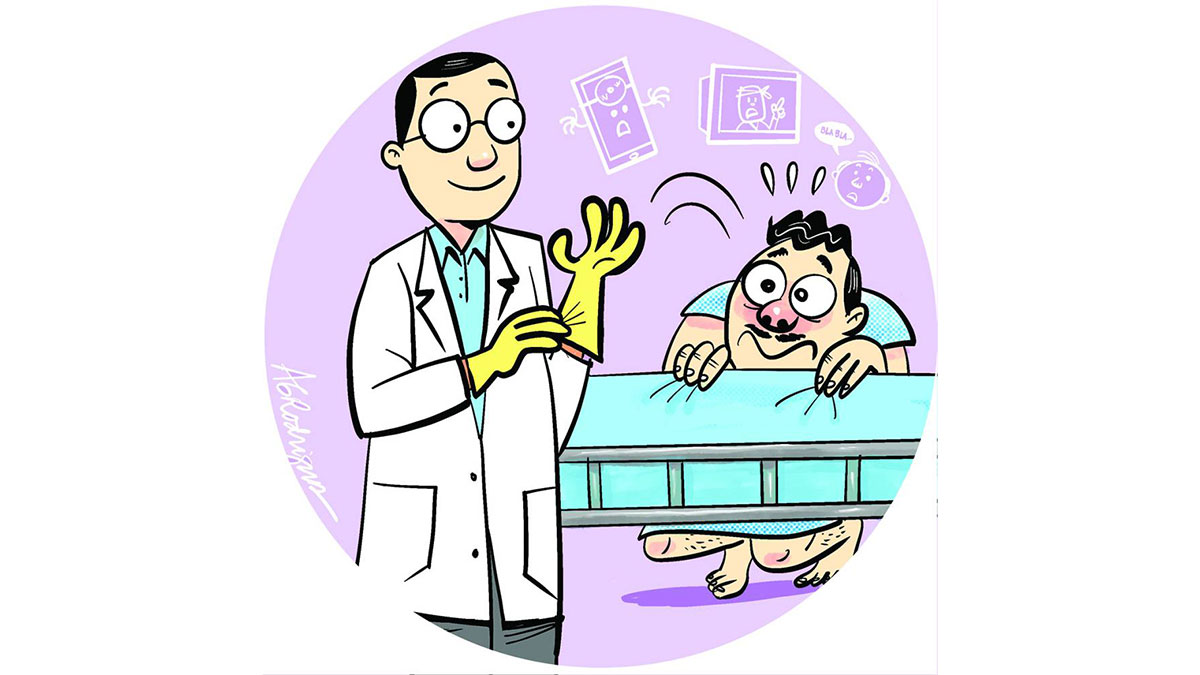YOUR day is night and your night is day. If you have trouble sleeping, you are not alone. It isn’t just you watching the late-night shows or listening to pre-dawn radio programs. And so it appears that while you are wide awake, the rest of the world is sleeping.
No worries if an occasional bad night disrupts your day; it’s okay. Sporadic episodes of restless sleep will not ruin your health or your life. But if it becomes a lifestyle, this is cause for serious concern.
Inner rhythm
According to Peter Hauri, Ph. D, director of the Insomnia Program, Mayo Clinic Sleep Disorders Center, it isn’t how long you sleep, but how good you feel after having slept.
Instead of understanding the problem and finding a solution, many just follow their inner rhythm. They sleep when they are tired. Eventually, they will risk being overbearing to others by imposing on them to stay awake until their first yawn.
Sleep is important as food, exercise and supplementation are to wellness. It is a must to have seven to eight hours of good sleep. Many who put in five hours of sleep are already grateful.
But this situation can be greatly improved.
Let’s examine the factors affecting you.
Imbalanced hormones
There is a symphony of hormones flowing through the body. If one is off, chances are, your inner music could be out of tune.
Minor hormones—estrogen, progesterone, testosterone
Major hormones—thyroid, insulin, adrenals, cortisol
The basic principle: Low on minors, raises the majors.
High adrenals and cortisol can cause sleeplessness. While the adrenal gland produces many other hormones, the usual suspect is high cortisol. Cortisol is a stress hormone. The question you need to answer is, how stressed are you?
Acutely high cortisol levels which become chronic could lead to heart attacks. It is interesting to know that cortisol is sensitive to light. This is the reason why a bedroom should be dimly-lit. Thus, the explanation for the expression, “Lights out!”
Do you know that chronic fatigue can cause exhaustion and depression? High stress levels lead to high insulin levels which can cause weight gain.
Downtime
-Late to bed
Your body needs to have downtime. Therefore, it isn’t wise to bring home work, especially if you need to write or read on your bed. Give yourself a gap between dinner and bed time.
-No to midnight snacking
If you eat at midnight, your digestive system will be working overtime when you decide to sleep by 1 or 2 a.m. Remember, digestion is easily three to six hours. It is wiser to sleep three hours after your last meal for the day—at best, 9 p.m. is your cut-off if you turn in by 12.
-Insomniacs take heart
The verdict is out: Insomnia is not a disease. It simply means that your body is sending a signal that something is wrong.
Allergy, chronic pain and illness can keep you wide awake.
Environmental factors like noise can also disrupt sleep.
-Copper deficiency
Women on a low copper diet don’t sleep as well as their counterparts who take 2 mg of copper daily.
Natural sources are cooked oysters, lobster, seeds, nuts, dried beans, mushrooms.
-Low magnesium
About 400 mg of magnesium guarantees good sleep.
Natural sources are macadamia nuts, seeds, fish, beans, whole grains, avocados, bananas, dried fruit.
-Low iron
There are more night awakenings among people who are low in iron.
Natural sources are clams, liver, sunflower seeds, nuts, beef, lamb, beans, whole grains, dark leafy greens (spinach), dark chocolate, tofu.
-Aluminum
This comes from cooking utensils, air and water. The more aluminum in the blood, the poorer the quality of sleep.
Supplements work. Take 2 mg of copper, 10 mg of iron for men and non-menstruating women and 15 mg for menstruating women, and 400 mg of magnesium.
Without quality sleep, a person will never be able to function properly. The devastating effects include mood swings, irritability, aggression and violence.
There are places designed for those who seek help.
At St. Luke’s Medical Center Global City, there is a Comprehensive Sleep Disorders Center which addresses every kind of sleeping challenge.
It has a state-of-the-art and well-equipped room where the patient is monitored as sleep patterns are carefully studied.
An overnight stay is enough for their panel of experts in ENT, psychiatry and neurology to determine the cause and the cure of any sleep problem. (Call 7897700.)
This week’s affirmation: “Every day, I wake up inspired.”
Love and light!
(References: “Breakthrough” by Suzanne Somers; “Prevention’s Healing with Vitamins”)
E-mail the columnist: [email protected]












































